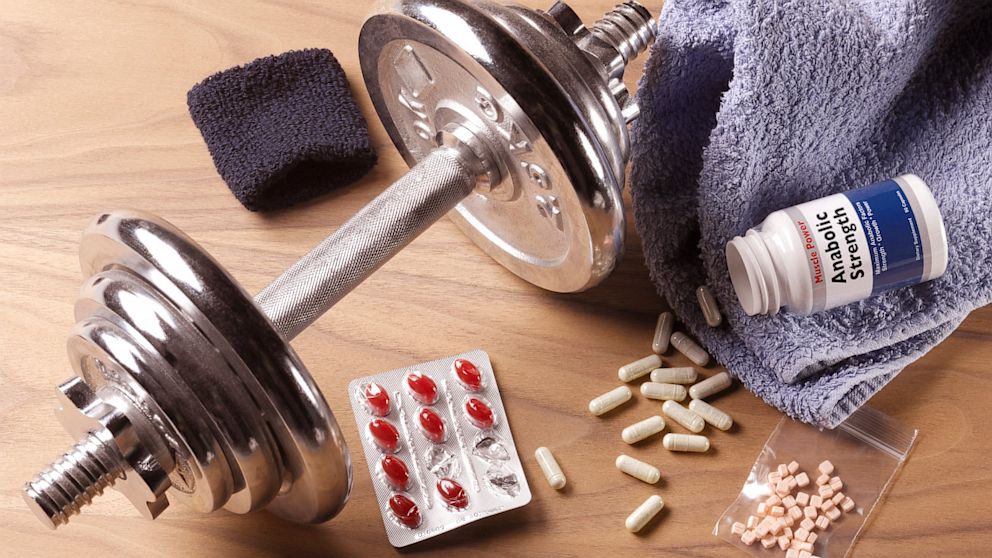Performance-enhancing drugs (PEDs) are substances that are used to improve any form of activity performance in humans.
Here are the effects of the performance-enhancing drugs on the body as well as the risks associated with taking them:
Anabolic steroids
Anabolic steroids, also called anabolic-androgenic steroids, boost strength and add muscle. They are made to work like the hormone testosterone, which has two main effects on the body: it helps build muscle and causes features such as facial hair and a deeper voice.
Some athletes use anabolic steroids to lower the damage that happens to muscles during a hard workout. With this steroid, athletes are able to bounce back from a workout faster, which means they are able to exercise harder and more often.
Here are some of serious side effects of anabolic steroid.
For men, they may notice the following: their breasts grow, their testicles shrink, not able to get their partner pregnant, or their prostate gland has gotten bigger.
For women, they may notice the following: their voice gets deeper, they grow body hair, their periods will stop.
Anabolic steroids are not legal, and most sports leagues ban its use.
Androstenedione
Androstenedione is a hormone our body makes. The body turns andro into the hormone testosterone and a form of the hormone estrogen.
Andro products are claimed to help athletes train harder and recover faster.
The side effects of andro are acne, shrinking of testicles, and breast growth for men. For women, side effects include acne, a deeper voice and loss of hair. Andro can also damage the heart and blood vessels, which raises the risk of heart attack and stroke, both of which are deadly.
Human growth hormone
To build more muscle and do better at sports, athletes also take human growth hormone, also called gonadotropin. Research studies, however, refutes this claim.
A health-care provider can prescribe human growth hormone for some health reasons.
Side effects linked to human growth hormone may include the following: joint pain, weak muscles, extra fluid build-up in the body, diabetes, carpal tunnel syndrome, cardiomegaly, and hypertension.
Erythropoietin
Taking erythropoietin, a type of hormone, improves the movement of oxygen in the muscles. Athletes, especially those who exercise for long amounts of time, take epoetin, the lab-made version of erythropoietin.
Erythropoietin may cause serious health problems like stroke, heart attack, and blocked arteries in the lung.
Diuretics
Diuretics are drugs that can cause the body to lose water, which, in turn, can lower the body’s weight.
Diuretics can cause side effects at any dose. These could be any of the following: dehydration, muscle cramps, fainting, hypokalemia, a drop in blood pressure, and having trouble keeping your balance.
Creatine
One popular supplement is called creatine monohydrate. Creatine supplements may help athletes gain small, short-term bursts of power, so it is used for activities that involve quick bursts of movement, such as weightlifting or sprinting.
Side effects of creatine includes gaining weight and cramps in the belly or muscles.
Stimulants
Stimulants increases the levels of some chemicals in the brain, makes the heart beat faster, and raises blood pressure. Athletes use stimulants to exercise longer, feel less tired or hungry, and feel more alert and aggressive.
Common stimulants are the following: caffeine, amphetamines, cocaine, and cold medicines.
Side effects of stimulants are decreased focus, trouble sleeping, dehydration, heatstroke, and addiction.
Athletes may seem to get an edge from these performance-enhancing drugs, but it has serious effects on the body. The risks far outweighs the seemingly positive effects of performance-enhancing drugs.

